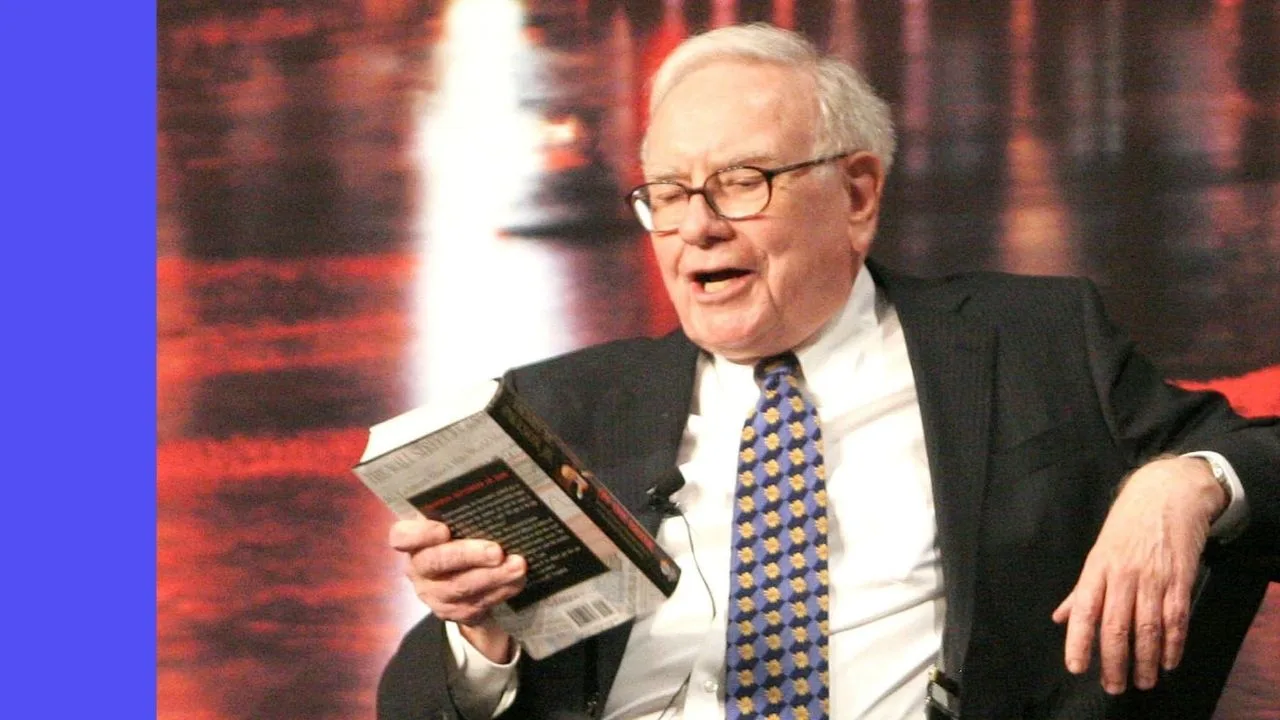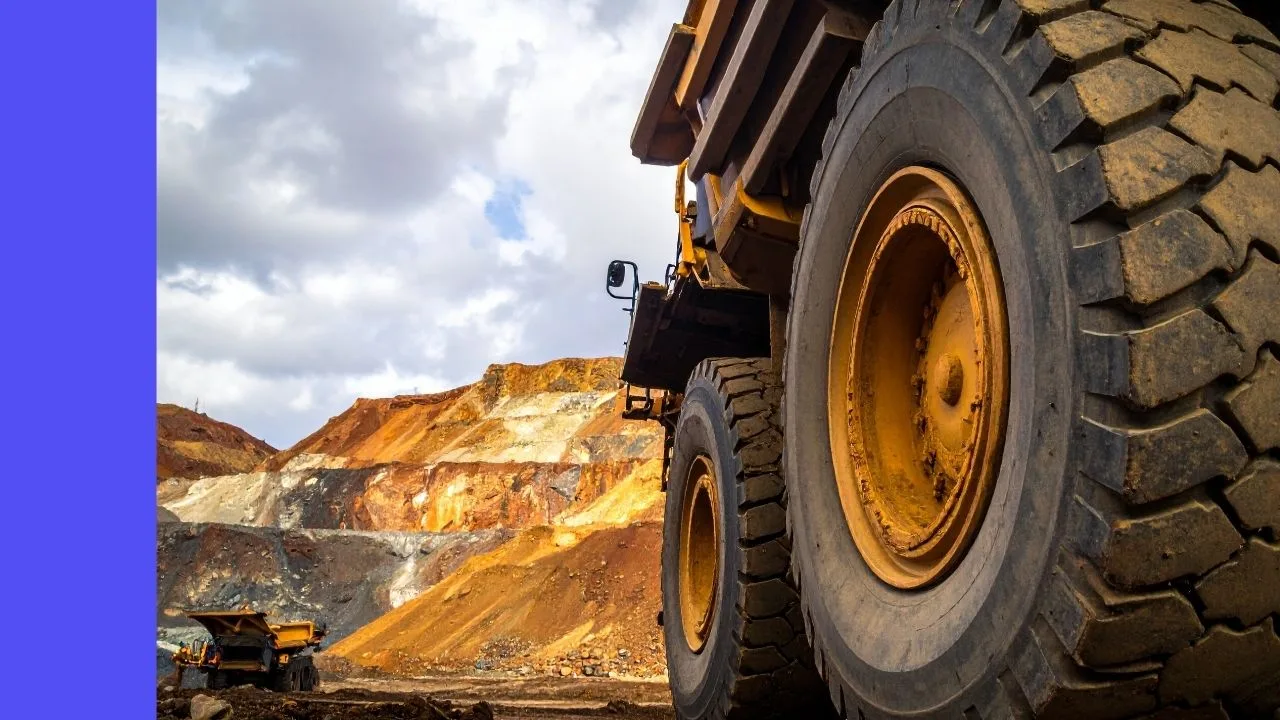ASX shares are entering an interesting new phase. I’m personally going to be a bit more cautious about some asset valuation plays.
The RBA interest rate has been in a reduction phase over the last decade.
A decade ago the RBA interest rate was at 4.75% and now it’s almost at 0%. This has been helpful for increasing asset prices.
But now there is a lot of talk and expectation that the RBA is going to start increase interest rates.
In-fact, economists at the Commonwealth Bank of Australia (ASX: CBA) have suggested the first rate rise will happen near the end of 2022, with a few more rate increases over the subsequent 12 months.
What does this mean for ASX shares?
I’d be one of the first to say that no-one truly knows what’s going to happen with the share market over a day, week, month or even a year.
Historically, businesses have managed to keep growing profit and they’re trying their hardest to keep making more money. That helps increase their underlying value.
Remember, interest rates act like gravity on asset prices. The lower the rate, the easier it is for prices to be at a higher value than normal.
Many asset prices have performed strongly since the emergency central bank settings were enacted last year because of COVID-19.
Over the ultra long-term, I would expect that plenty of business values will keep increasing.
But in the shorter term, that shift to a rising rate environment could be interesting to watch the impacts.
Asset plays, like a REIT or infrastructure business, are ones to I’m going to pay close attention to.
Investors have been searching for income. If safer sources of income emerge as options (with higher interest rates paid), will those asset plays still command a hefty premium to their underlying values (NTA – net tangible assets, or underlying value)? The NTA could also decrease if rates rise.
I’m not expecting a crash. But returns from REITs (and the like) may be partly dictated by the investor demand for income, which could become less prized in this new economic phase. They are also likely to have debt on their balance sheet, so the cost of interest will rise over time too, if central banks raise those rates.
I think ASX shares generating revenue and earnings growth will be able to compensate for the rising interest rates, like the ones that the Rask Invest team look for.
Whilst I’m not going to avoid REITs entirely – I own Rural Funds Group (ASX: RFF) in my portfolio and don’t plan to sell – I am going to be more careful about the share price compared to the underlying value of the business.










